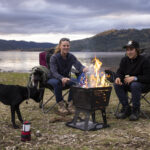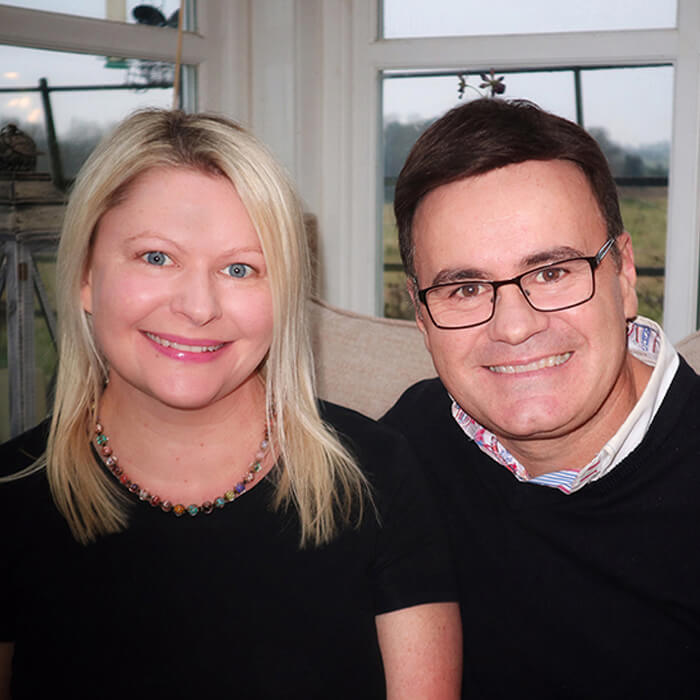Hey there, fellow explorers! It’s Sarah here. I recently revisited Rugby, a charming market town nestled in the heart of England, and oh my, how it’s blossomed since our last jaunt here in 2016! If you’re mulling over where to venture next, let me share with you 30 compelling reasons why you should visit Rugby in England.
Visit Rugby in England: video guide
Travel to Rugby in England: A 2024 Guide
-
Rugby Art Gallery & Museum: A Cultural Hub
The Rugby Art Gallery & Museum, one of the town’s cultural highlights, offers free admission to all visitors. It’s a fantastic spot for art enthusiasts with its range of events and exhibitions, including the Rugby Open 2023 exhibition and engaging drawing workshops.
-
A Calendar Brimming with Events at The BENN Hall
The BENN Hall in Rugby is bustling with events in 2024. Notably, the Phantom Revival Concert on January 20, priced at £17.50, and the Bay City Rollermania on February 23, for £29.00. The New Year’s Eve Party is another highlight, with tickets at £28.99.
-
Family-Friendly Performances at Macready Theatre
The Macready Theatre offers delightful family-oriented shows, like The Man Who Wanted to be a Penguin, with ticket prices ranging from £0.00 to £14.00. It’s a perfect venue for families seeking entertainment in Rugby.
-
Alexmas at The Alex: An Artistic Christmas Celebration
The festive event Alexmas at The Alex, located at Alexandra Art, 72-73 James Street, is a free event. It combines art with festive cheer, offering a unique experience during the Christmas season.
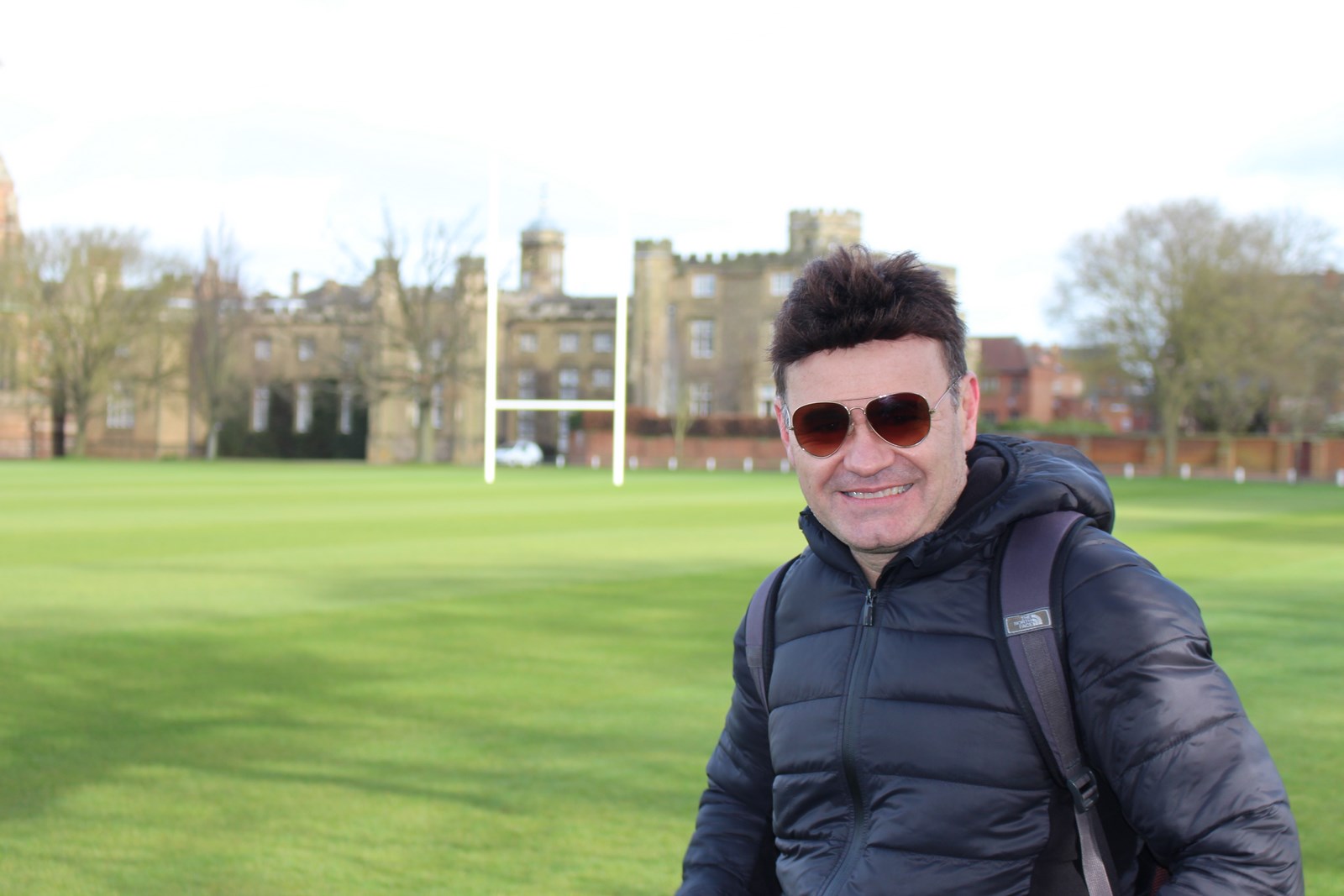
-
Rugby Town Concert Band: Melodies that Resonate
The Rugby Town Concert Band performs at various venues, including St. Peter and St. John’s Church. Their concerts are priced at £12.00 – £14.00, with some events being free.
-
Santa and the March of the Penguins: A Festive Delight
This charming free event in Rugby’s town centre runs from late November to early January, bringing the magic of a winter wonderland to life.
-
A Glimpse into the Past: Celebrating Rugby’s Heritage
The 200th anniversary of Rugby football at Rugby School in 2023 was a milestone for the town. The Webb Ellis Rugby Football Museum, which commemorates this heritage, offers adult tickets for £8, concessions for £5, and free entry for under 12s.
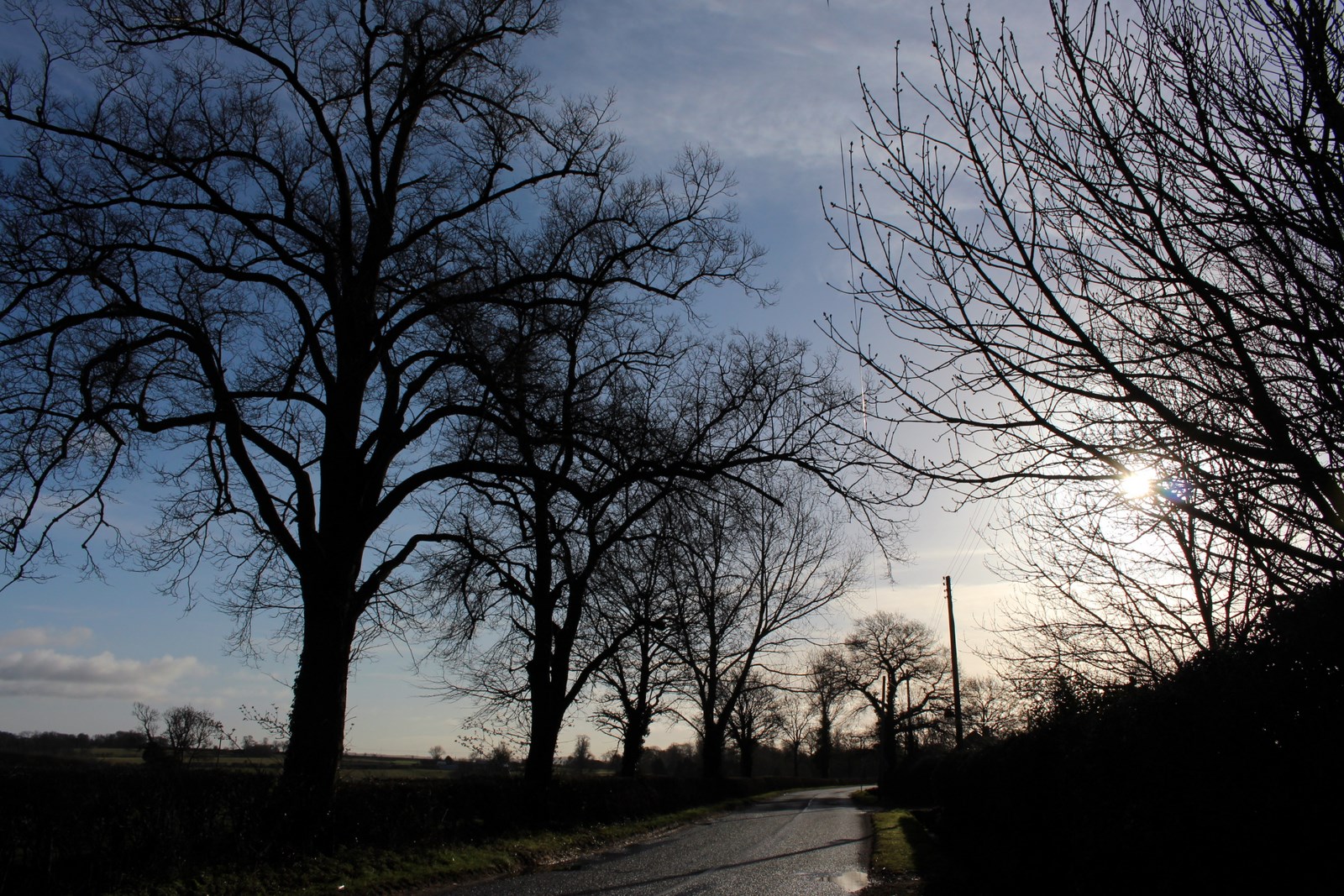
Rugby’s Rich History and Modern Charms
-
Rugby School Shop & Tours: Walk Through History
Rugby is synonymous with the game that shares its name, and no visit is complete without exploring the Rugby School Shop & Tours. Walking through the corridors of this prestigious school, where the game was born, was like stepping into a historical novel. The tours are insightful, and the shop is a treasure trove for rugby enthusiasts.
-
The Outdoor Splendour of Rugby: Draycote Water and More
The town isn’t just about history; it’s also about embracing the outdoors. Draycote Water has become one of our favourite spots for a peaceful walk or a bit of bird watching. And if you’re into nature, don’t miss the Swift Valley Nature Reserve and the Great Central Walk – perfect for those who love to explore the natural beauty of the English countryside.
-
Fun for Kids: From Toft Studio to Elliotts Field
Rugby is incredibly family-friendly. Take your little ones to Toft Studio – they’ll have a blast. For a day of shopping and leisure, Elliotts Field Retail Park offers a great mix of stores and eateries. It’s ideal for families looking for a variety of activities.
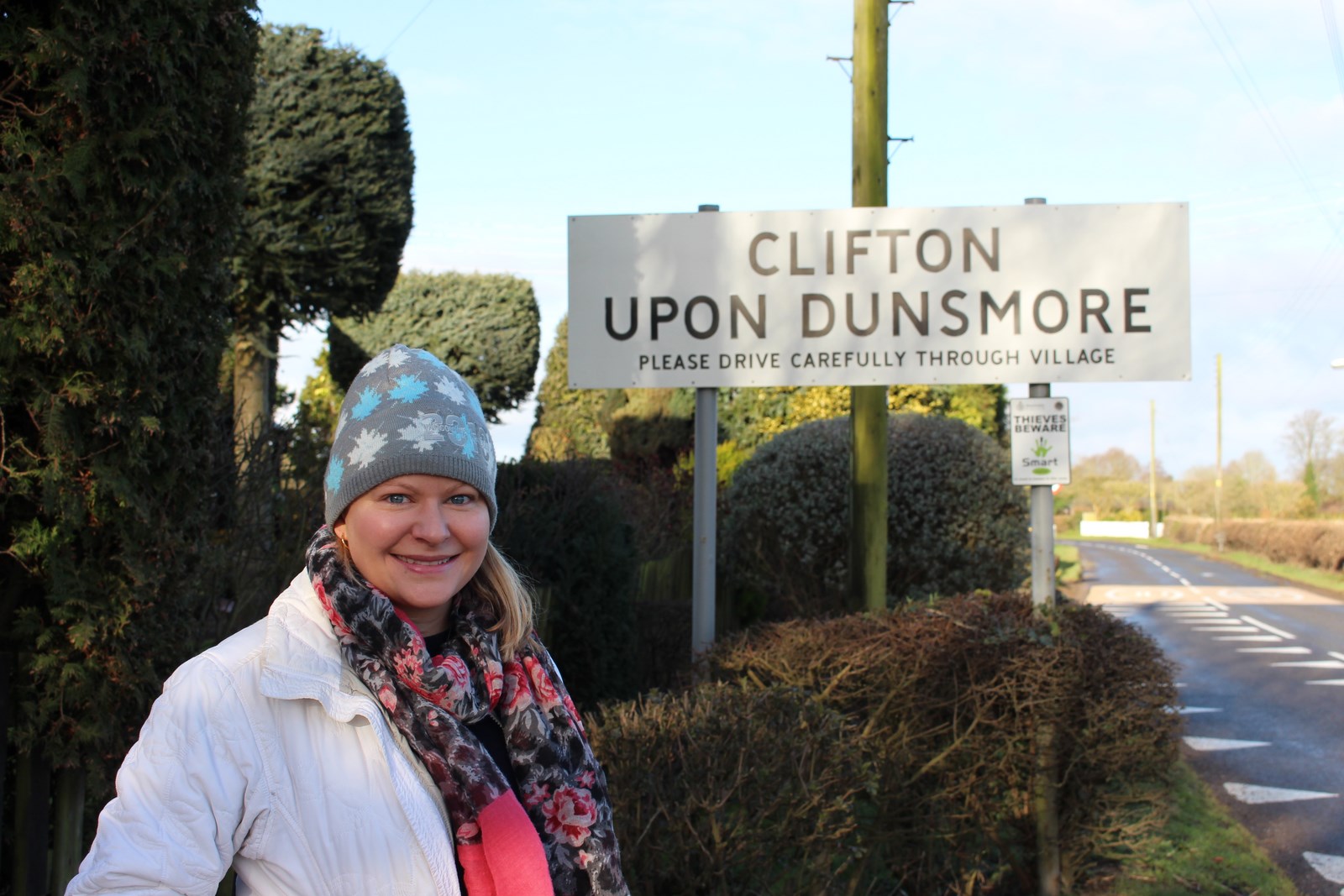
The Culinary Scene: A Taste of Rugby
-
The Bull Inn: A Culinary Delight
We loved The Bull Inn on our last visit. It’s still there, offering the same warm, inviting atmosphere. The food is as delicious as ever, and the vibe is just perfect for a relaxing evening. It’s a must-visit for anyone looking for authentic English pub cuisine.
-
Summersault: More Than Just a Vegetarian Café
We revisited Summersault, and it remains a gem in Rugby’s culinary crown. The vegetarian fare is scrumptious, and the quirky gift shop adds to its charm. It’s a place that leaves you feeling content, both in heart and stomach.
The Architectural Beauty of Rugby
-
St. Marie’s Church: A Historic Marvel
On our stroll around town, we were drawn again to the architectural splendour of St. Marie’s Church. The history embedded in its walls and the welcoming community make it a must-visit for anyone interested in architecture and local history.
Wrapping up the Day
-
A Country Escape in Clifton upon Dunsmore
Our stay in a quaint Airbnb in Clifton upon Dunsmore, just outside Rugby, was the cherry on top of our visit. Overlooking the serene countryside, it was the perfect blend of rural tranquillity and proximity to the town’s attractions.
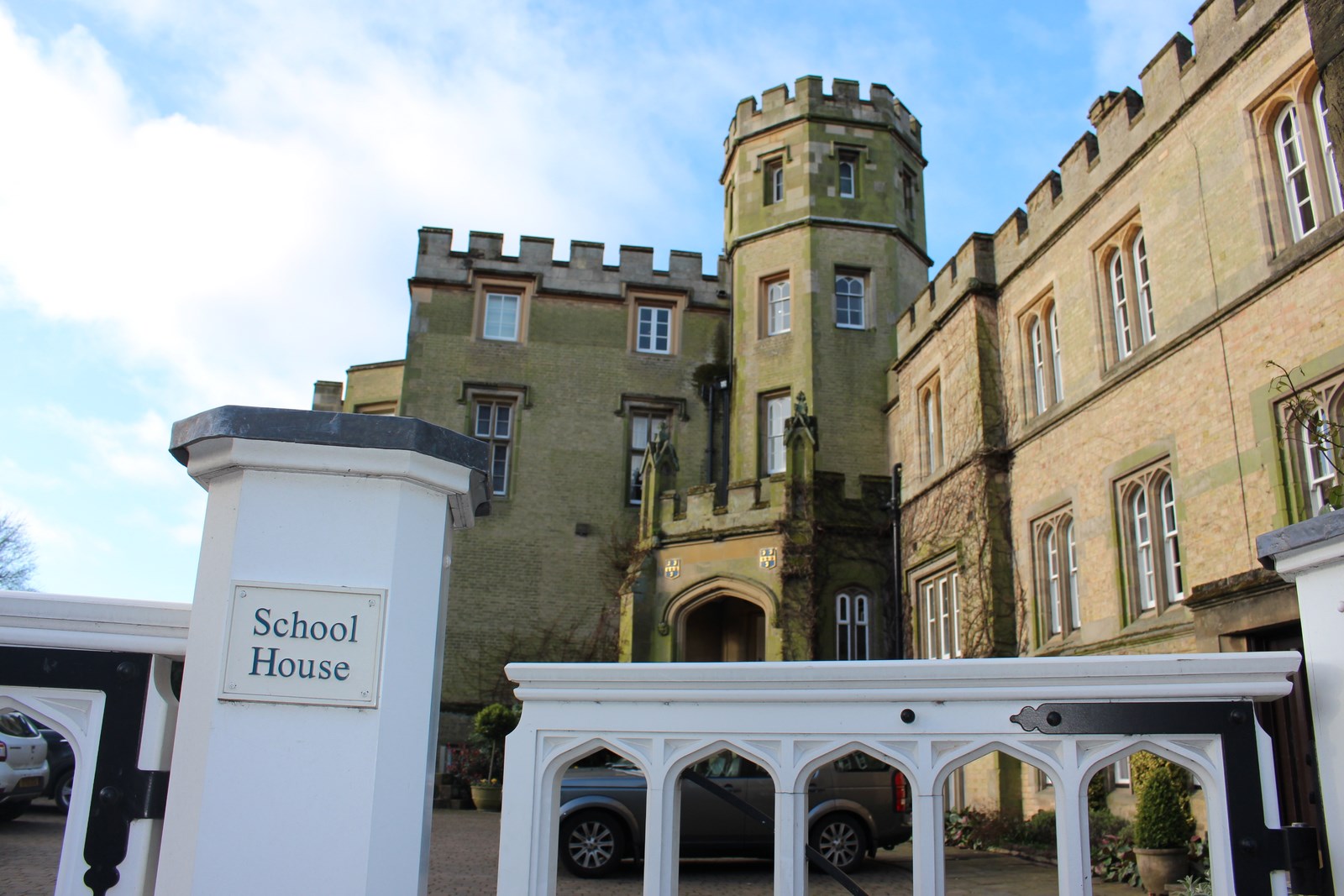
Rugby: Where Every Street Tells a Story
-
Caldecott Park: A Green Oasis
Amidst the bustling town lies Caldecott Park, a verdant oasis that offers a tranquil escape. Its well-maintained gardens and playgrounds are perfect for a family day out or a quiet stroll to enjoy nature’s beauty. It’s amazing how this park combines the charm of old England with the vibrancy of modern landscape design.
-
Rugby Theatre: A Cultural Beacon
The Rugby Theatre continues to be a cultural beacon, showcasing a variety of performances. Whether it’s a gripping drama or a light hearted comedy, the theatre’s vibrant community spirit makes every visit memorable. It’s a testament to Rugby’s thriving arts scene.
-
The Webb Ellis Rugby Football Museum: Celebrating Rugby’s Legacy
No trip to Rugby would be complete without a visit to The Webb Ellis Rugby Football Museum. This small yet fascinating museum offers a deep dive into the history of the game and its roots in this very town. It’s an absolute must for sports enthusiasts and history buffs alike.
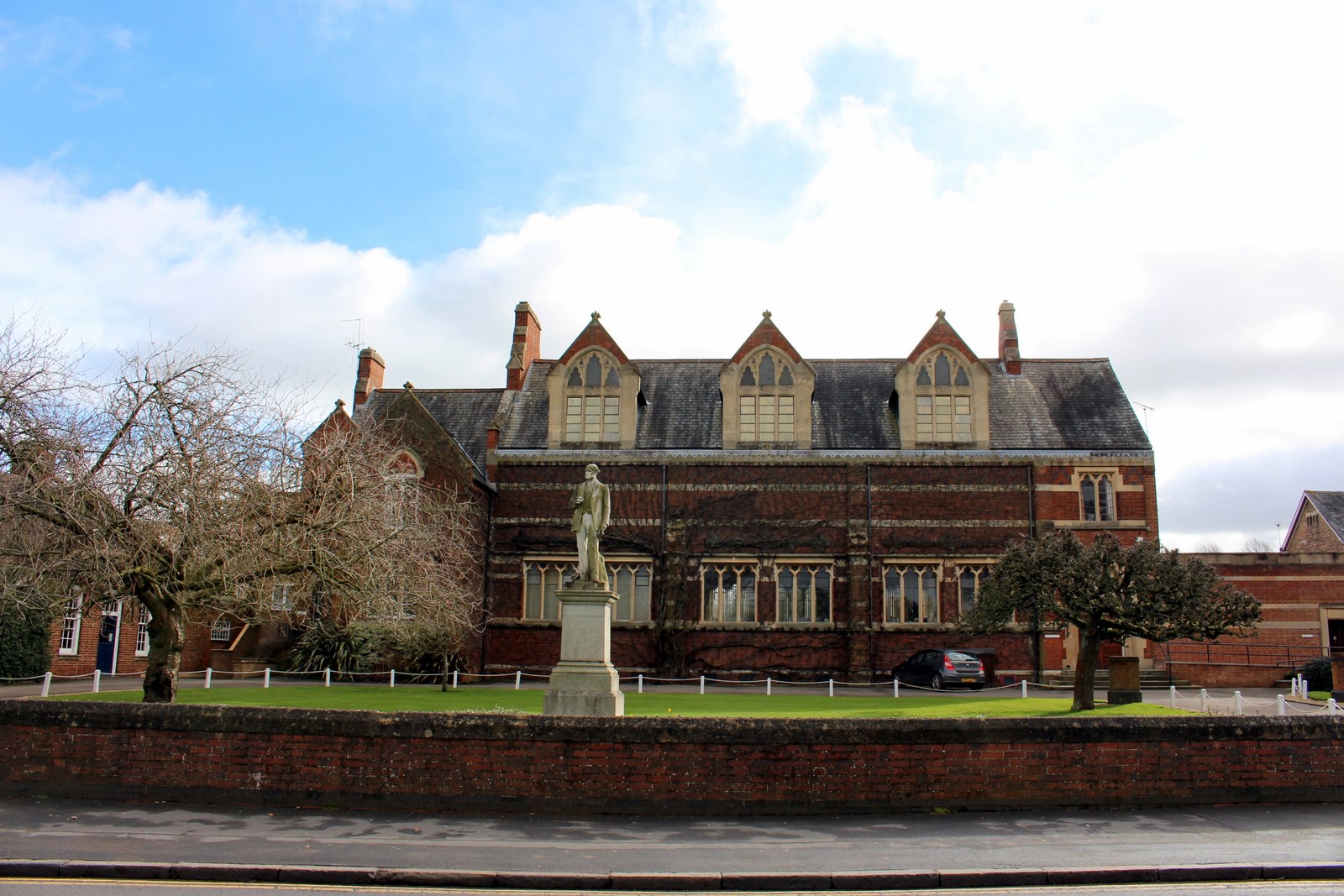
Discovering Rugby’s Hidden Gems
-
The Adventure Zone: Family Fun Unleashed
For those travelling with kids, The Adventure Zone is a gem. It’s a place where laughter and excitement fill the air, and children can have a blast while parents relax. We loved the vibrant atmosphere and the range of activities available.
-
Great Central Walk: A Journey Through Nature
The Great Central Walk is a hidden treasure for nature lovers. It’s a peaceful trail that takes you through some of the most picturesque parts of the Warwickshire countryside. Ideal for a leisurely walk or a cycling adventure, this path is a wonderful way to experience the natural beauty surrounding Rugby.
-
A Peek into Rugby’s Artistic Side: Local Art and Craft
Rugby’s artistic scene is vibrant and diverse. From local galleries to craft shops, the town is brimming with creativity. We stumbled upon several local artists’ studios and were mesmerised by the talent and variety of artwork on display.
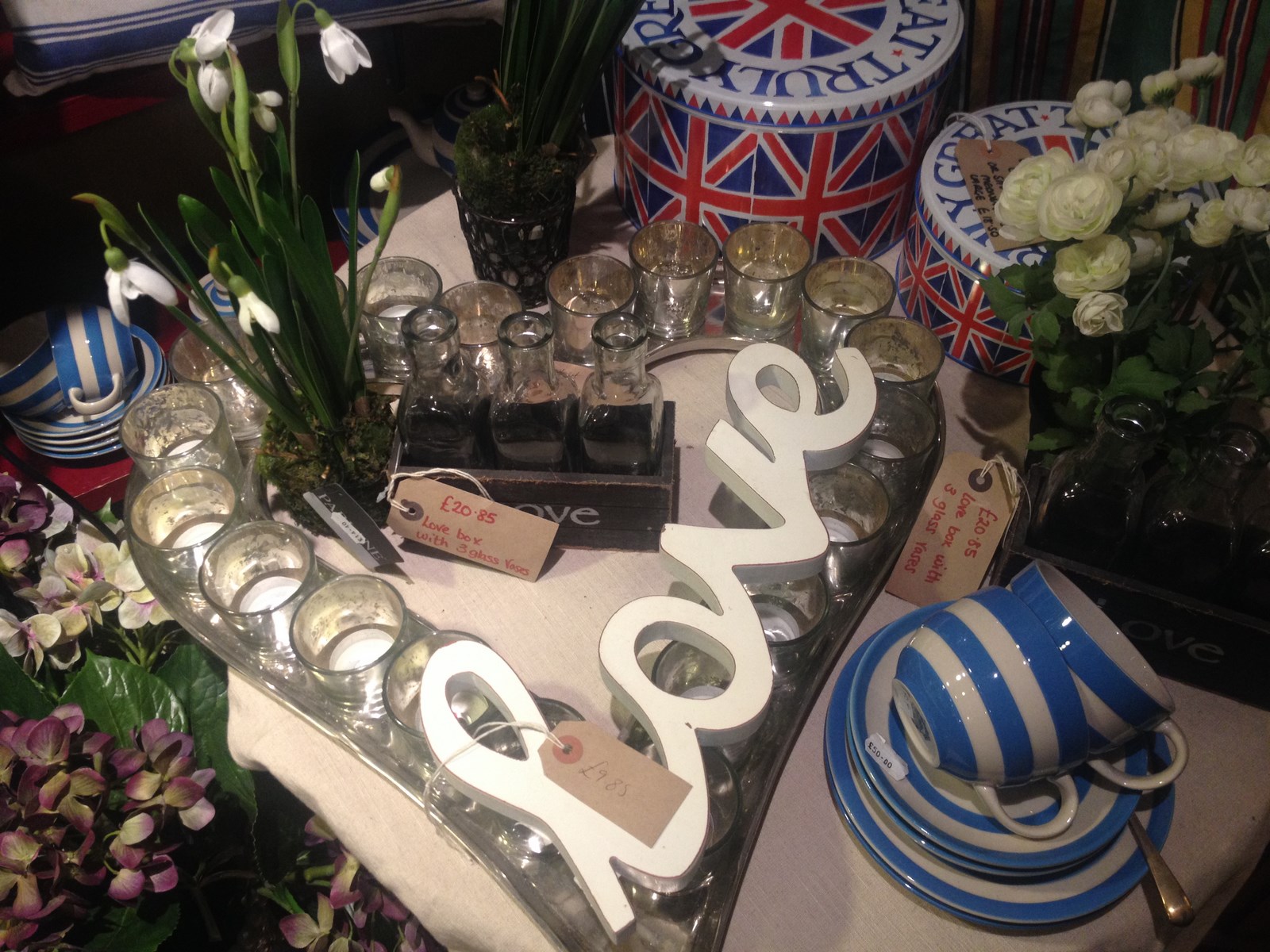
Rugby: A Blend of Tradition and Modernity
-
A Taste of the Local Life: Markets and Shops
Exploring the local markets and shops in Rugby is a delight. From fresh produce to artisan crafts, these markets are a window into the everyday life of the town. The friendly vendors and the quality of goods reflect the town’s commitment to maintaining its rich heritage while embracing modernity.
-
Rugby’s Culinary Diversity: From Traditional to Contemporary
Rugby’s culinary scene has something for every palate. From traditional English fare to contemporary cuisine, the variety of dining options is impressive. We enjoyed everything from cosy cafes to elegant restaurants, each offering a unique taste of the local culture.
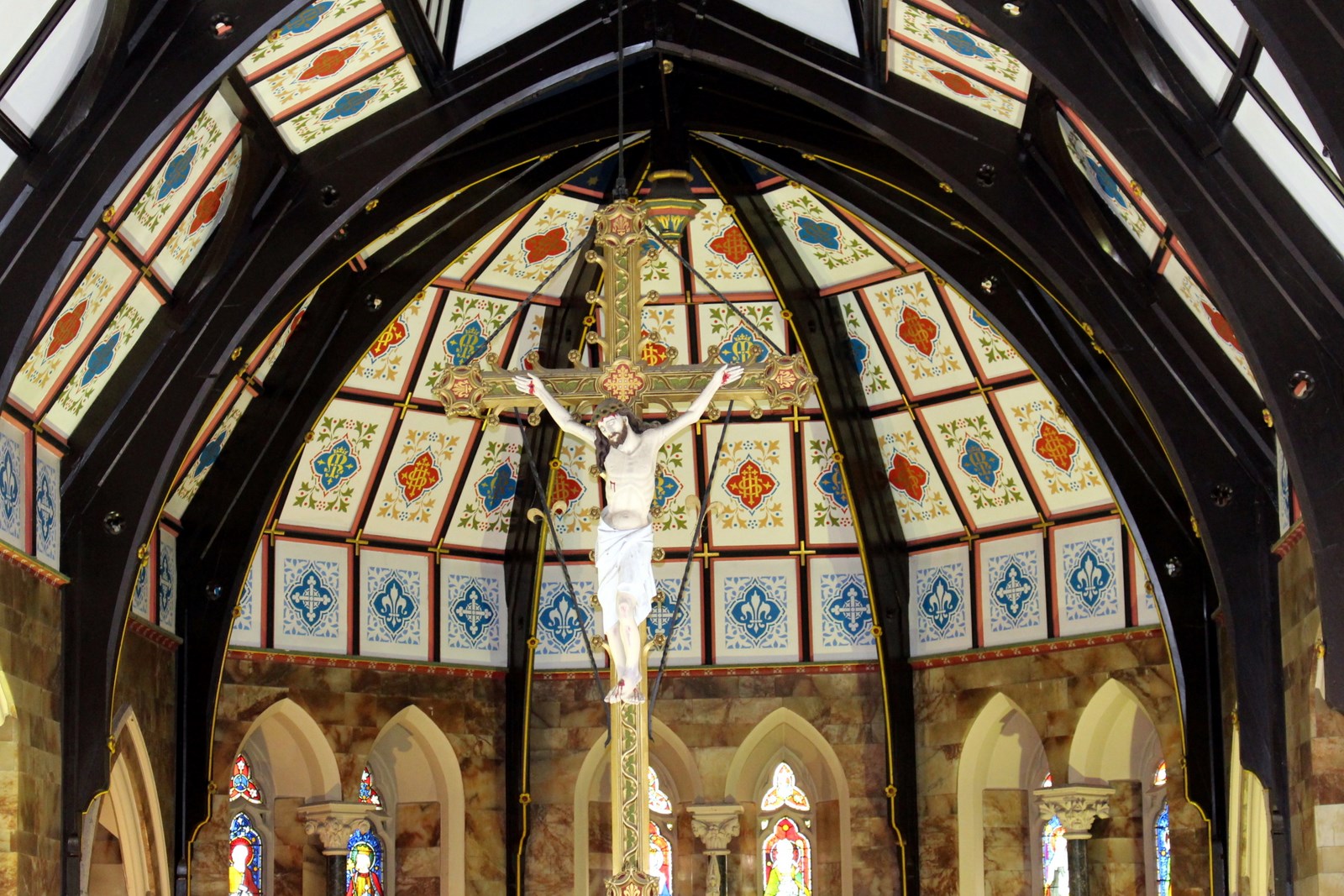
Rugby: Where Past Meets Present
-
Rugby’s Festive Spirit: A Victorian Christmas
One of the highlights of our trip was experiencing Rugby’s festive spirit. The Victorian Christmas events at the Rugby Art Gallery and Museum were a delightful journey back in time. Making our own Christmas crackers and listening to readings from A Christmas Carol truly captured the essence of a traditional English Christmas.
-
Engaging Workshops at Rugby Art Gallery and Museum
The Rugby Art Gallery and Museum also offers a range of engaging workshops. A popular recent example friends of ours attended was the Drawing Workshop with Jamie Boots, focusing on wildlife themes like elephants and tigers. These sessions are not just educational but also a fun way to interact with local artists and like-minded art enthusiasts.
-
Exploring Rugby’s Outdoor Adventures
Beyond its historical and cultural offerings, Rugby has plenty of outdoor adventures. Draycote Water is ideal for water sports and picnics, while Swift Valley Nature Reserve offers tranquil walks amidst diverse wildlife. For the more adventurous, The Adventure Zone provides a thrilling experience for all ages.
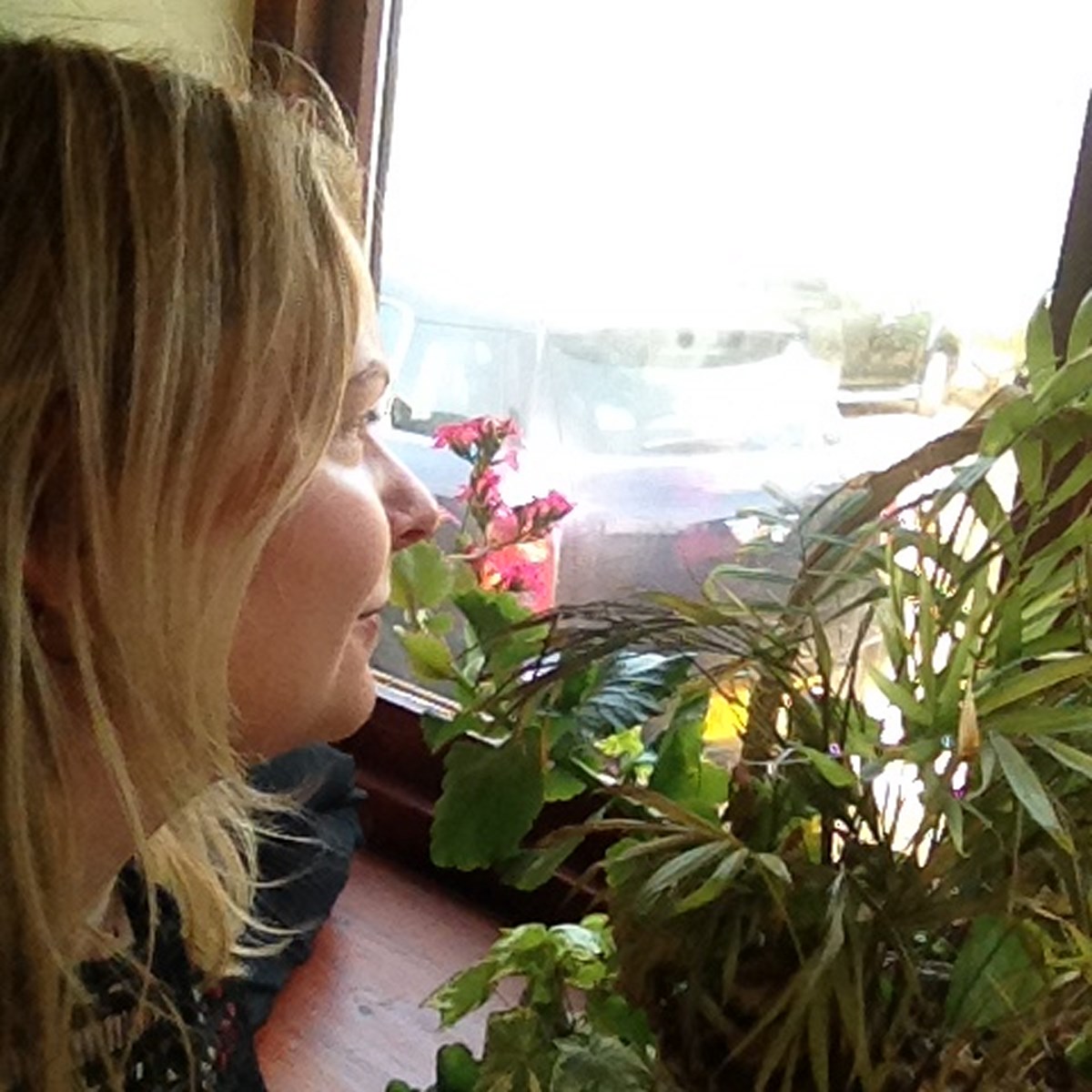
Rugby’s Community Spirit
-
Rugby Town Concert Band: A Musical Treat
Another gem we discovered was the Rugby Town Concert Band. Their performances, filled with energy and community spirit, are a testament to the town’s vibrant cultural life. The blend of classic and contemporary pieces makes their concerts enjoyable for everyone.
-
St. Marie’s Church: Architectural and Spiritual Grandeur
A visit to St. Marie’s Church is a journey into Rugby’s spiritual and architectural heritage. The church’s stunning architecture and the warm community make it a serene and welcoming place for reflection and admiration.
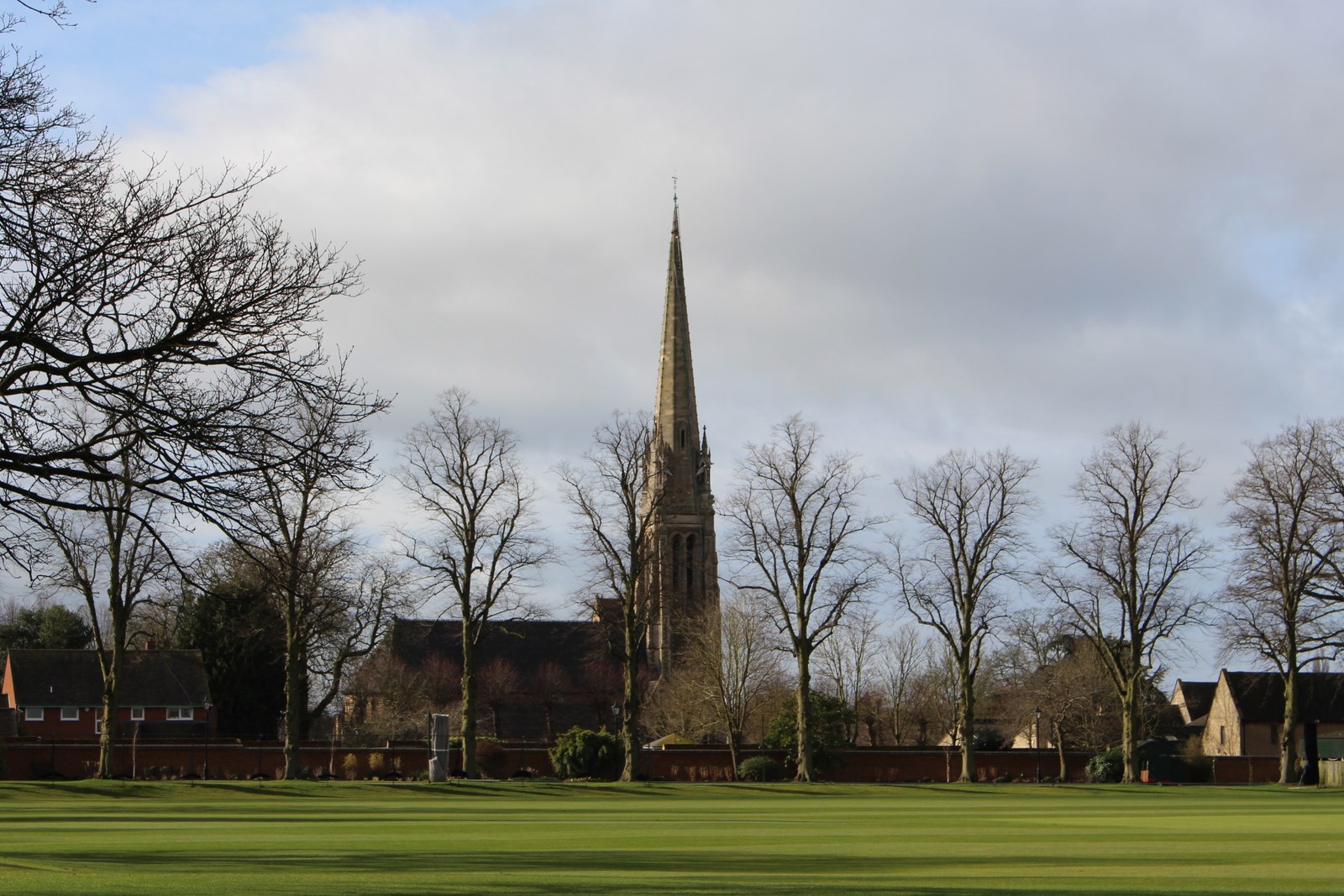
Unwinding in Rugby’s Serene Countryside
-
A Country Retreat in Clifton upon Dunsmore
Our stay in Clifton upon Dunsmore offered the perfect balance between rural tranquillity and accessibility to Rugby’s attractions. The countryside’s scenic beauty, combined with the cosy and comfortable Airbnb, provided a much-needed retreat after our days of exploration.
-
Rugby’s Culinary Delights: A Gastronomic Adventure
Rugby’s culinary scene is as diverse as its culture. Whether you crave traditional English pub food or contemporary vegetarian dishes, Rugby’s restaurants cater to every taste.
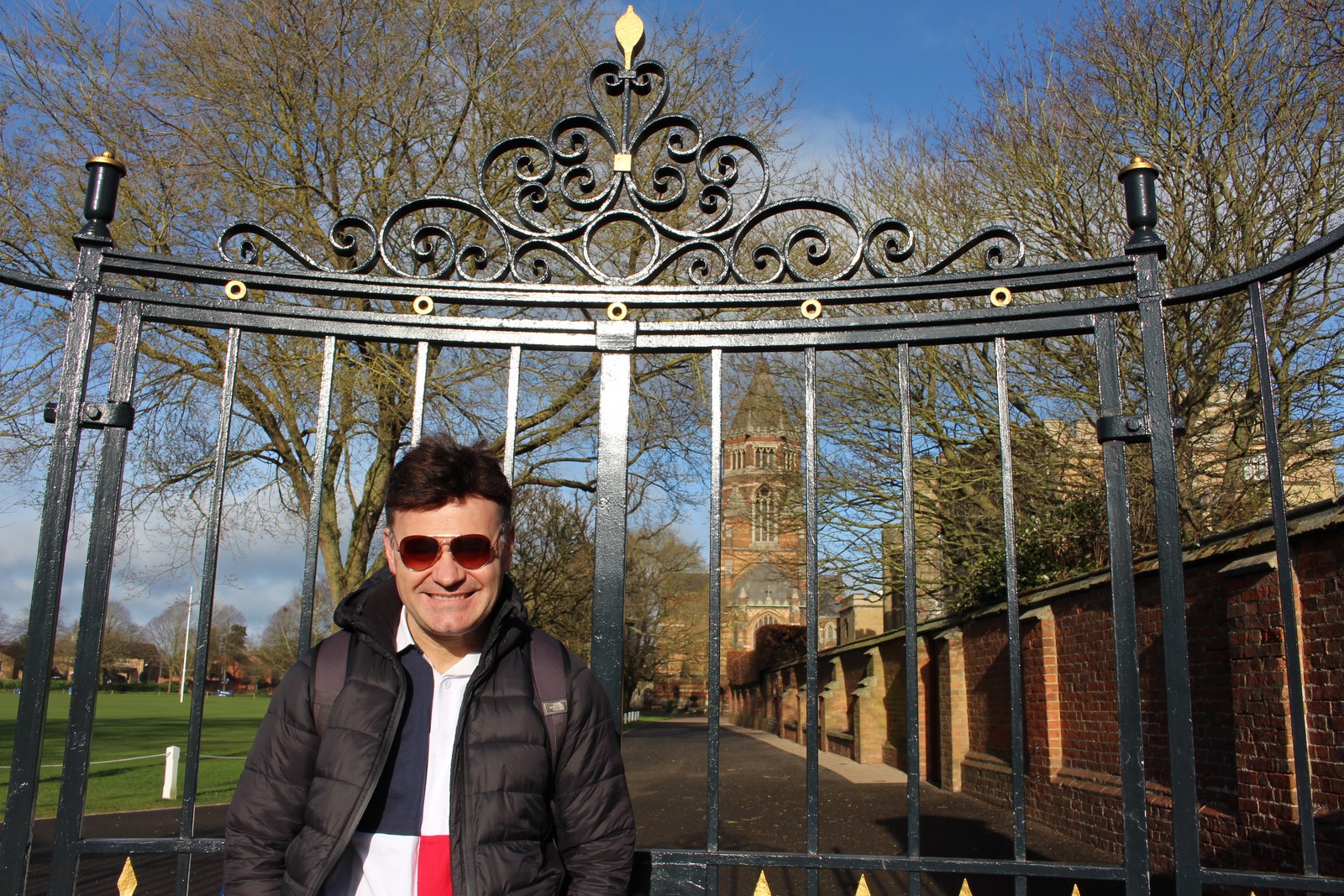
A Town That Leaves You Wanting More
-
Rugby: A Tapestry of Experiences
As our reminiscing on Rugby comes to a close, I’m reminded of the town’s unique charm. From its historic roots in the sport of rugby to its lively arts scene, vibrant community events, and picturesque natural surroundings, Rugby is a tapestry of experiences waiting to be discovered.
So, there you have it – 30 reasons why Rugby should be on your travel radar in 2024. Whether you’re seeking history, culture, nature, or culinary delights, Rugby offers an enriching and diverse experience. I can’t wait to hear about your adventures in this captivating English town! Drop us a line in the comments to share :)
Looking for other ideas on easy trips out of London? Have a browse here for inspiration.
Do you have any tips on this part of England, or questions? Let us know in the comments.


